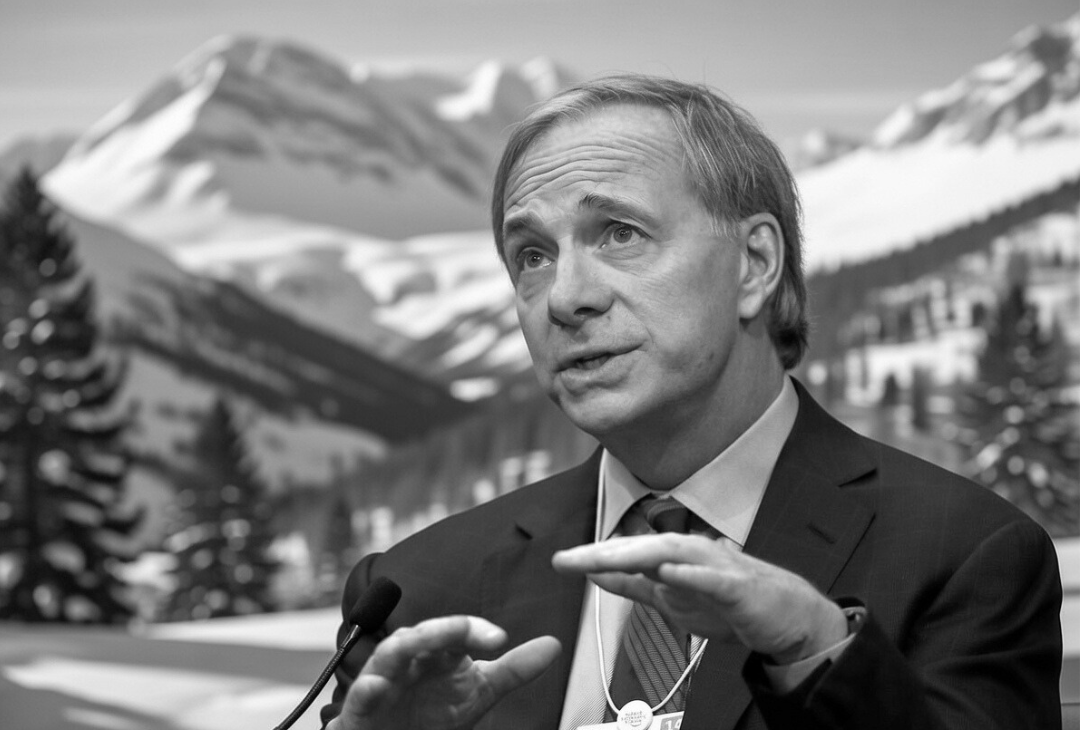Setting a Dangerous Precedent with Student Loan Forgiveness
At the end of June, the US Supreme Court struck down President Biden's plan to cancel billions in student debt. In a 6-3 ruling, the court sided with conservative states that had brought suits against the proposal on the grounds that the President had overstepped his authority.
In response to the ruling, Mr. Biden announced that “Today's decision has closed one path. Now we're going to start another.” He was alluding to his “Plan B” that involves using the Higher Education Act, a 1965 law on federal student loan programs, to sidestep the court’s decision and use a separate pathway to debt relief. While the US President seems confident that this approach will work, telling reporters that “this new path is legally sound. It’s gonna take longer, and in my view, it’s the best path that remains”, it is too early to tell if it will prove viable.

If it does, however, it will undoubtedly set a terrible precedent and provide a dangerous new tool to the present and future administrations as they find themselves in more and more dire financial positions.
The most obvious argument against the student loan forgiveness is the fact that it is unfair. Naturally, not everyone comes from a family that can financially support whatever future they envision for themselves. In most cases, going to college when one cannot afford it makes for an extremely hard choice.
Countless young Americans are forced to make it every year and many of them manage to do it without taking on debt. They either work during their studies, they get scholarships, or they chose schools or degrees that are less prestigious or more affordable. Or perhaps, most detrimental of all, many of them simply give up their dream of a higher education and they select professions that don’t require it.
Whether this system is just or not, or whether the Europeans got it right with their public universities, is not the question here. The fact remains that these are the circumstances that all prospective students have and are still facing in the US. This is why so many opponents of Biden’s plan have argued it is unfair to those who made the aforementioned sacrifices.
However, the risks that this proposal brings are not merely ethical. Debt forgiveness of any sort, be it student, or commercial, or consumer, is essentially a form of wealth redistribution. The debt doesn’t just vanish into thin air, simply relieving the borrower and affecting nobody else. Any write-off obviously impoverishes the creditor, as it literally writes off their property. And when this write-off is forcibly imposed by the State, it also sends a message that honoring one’s debt commitments is actually optional.
Last, but certainly not least, it is not difficult to imagine how such a precedent could be abused as we move deeper and deeper into the New Era. As governments get increasingly indebted and as they run out of ways to get out of the financial corner they’ve painted themselves into, debt jubilees could be a politically viable path forward. Hiking taxes on the rich is bound to be pointless when there are no rich left to tax and doing so on the general public is political suicide.
Erasing debt, however, is not only an extremely popular measure with voters, but it also has the added bonus of being inflationary, which is particularly helpful for the government’s own debt. Freed from their future debt obligations (be it student loans, or perhaps certain mortgages or other loans one day), consumers can spend more today, “stimulating” the economy, and further debasing the currency in the process.
This article was published by BFI Bullion Inc. in their recent newsletter "Digger Quarterly". To check out the full report feel free to download it below.





